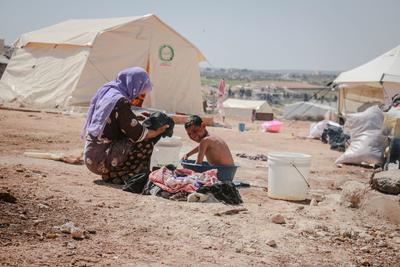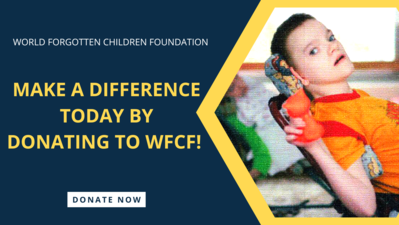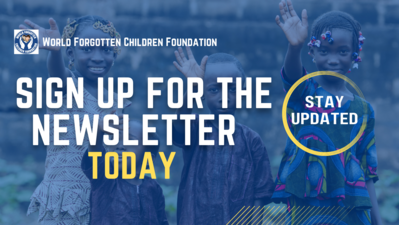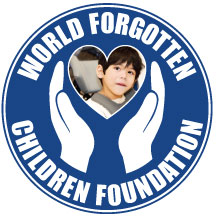
The 2030 Agenda for Sustainable Development was adopted by all United Nations Member States in 2015 as a blueprint for objectives countries should look to achieve in order to accomplish peace and prosperity for people and the planet in the present and in the future. The Sustainable Development Goals (SDGs) consist of 17 main objectives and are a global coalition and an urgent call to action for all countries, both developed and developing. Notably, the fourth and fifth goals are quality education and gender equality respectively. Oftentimes, these two objectives go hand-in-hand, as a quality education increases the status of women and leads to more gender equality. This connection is clear in the fourth goal, as the UN states that the main objective is to “ensure inclusive and equitable quality education and promote lifelong learning opportunities for all” (United Nations).
The link between promoting women’s education and improving their societal standing is not new. In fact, before the SDGs were established, there were the Millennium Development Goals (MDGs), which had set out goals to achieve by 2015. Even then, the UN had achieving universal primary education as a goal, since “improving the health of females will enhance their enrollment in, attendance at, and performance in school. Improving the educational attainments of females will lead to improvements in their health and the health of their children.” And then, the third goal of the MDGs was to promote gender equality and empower women, saying “Improvements in equity and empowerment will lead to better education for females, more income-earning opportunities for them, and less violence against them, all of which will improve their health status” (UN).

Women face a lot of challenges due to social determinants that lead to lower access to health care and education. It is well known that poverty, lack of education, and a low status of women in many societies lead to lower access to many health services. Due to a lack of education, women face financial constraints due to an inability to find jobs and are often dependent on other people. This leads to many forms of exploitation and further exacerbates women’s conditions. In many cases, women are forced to play roles that are detrimental to their health, such as having to cook indoors with an open fire source but no adequate ventilation, since this leads to serious respiratory conditions (Skolnik, 2012).

Since there is a clear connection between educating women and improving their living conditions, it is paramount to support organizations that are working on reducing the inequalities currently present in education. An example of such an organization would be Femme et Education des Adultes (FEDA), which is a nonprofit NGO established in 2007 on International Literacy Day. FEDA was founded on the goal of providing education and economic opportunities for women and girls who were denied a shot at education as a result of conflict and now need help and support to rebuild their lives. FEDA’s vision is to overcome illiteracy, violence and extreme poverty by providing education and income generation opportunities for women. The organization hopes to achieve these goals by heightening social awareness, promoting confidence in women’s education and increasing female literacy, promoting gender equity and women’s rights, achieving health through education, enabling educational equality and decision making, and building peace.
FEDA is located in South Kivu, DR Congo and serves mostly rural areas. The organization has had a number of peacebuilding activities, such as 200 young people and women were trained for peace as peace catalysts, thousands of community members organized into youth peacebuilding networks, and 100 participants have been trained in a number of areas ranging from leadership to positive conflict management and nonviolence communication. You can support this organization by visiting their website.
References:Skolnik, R. L. (2012). Global health 101. Jones & Bartlett Learning.
UN. (n.d.). United Nations Millennium Development Goals. United Nations. Retrieved July 1, 2022, from https://www.un.org/millenniumgoals/
United Nations. (n.d.). The 17 goals | sustainable development. United Nations. Retrieved July 1, 2022, from https://sdgs.un.org/goals
|



